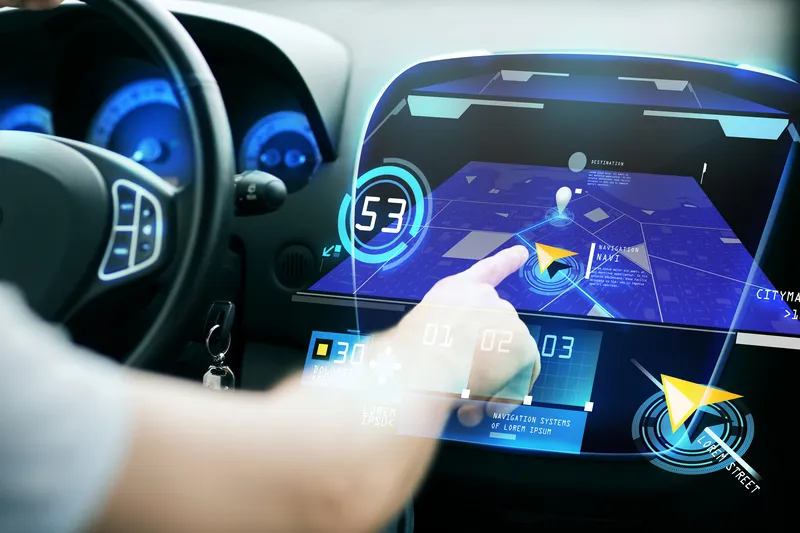Nissan Motor Company, through its North American-based organisation, and NASA have announced the formation of a five-year research and development partnership to advance autonomous vehicle systems and prepare for commercial application of the technology.
Researchers from Nissan's US Silicon Valley research centre and NASA's Ames research centre will focus on autonomous drive systems, human-machine interface solutions, network-enabled applications, and software analysis and verification, all involving sop
January 12, 2015
Read time: 2 mins
Researchers from Nissan's US Silicon Valley research centre and NASA's Ames research centre will focus on autonomous drive systems, human-machine interface solutions, network-enabled applications, and software analysis and verification, all involving sophisticated hardware and software used in road and space applications.
Researchers from the two organisations will test a fleet of zero-emission autonomous vehicles at Ames to demonstrate proof-of-concept remote operation of autonomous vehicles for the transport of materials, goods, payloads and people. For NASA, these tests parallel the way it operates planetary rovers from a mission control centre. The first vehicle of that fleet should be testing at the facility by the end of 2015.
"The work of NASA and Nissan, with one directed to space and the other directed to earth, is connected by similar challenges," said Carlos Ghosn, president and CEO of Nissan. "The partnership will accelerate Nissan's development of safe, secure and reliable autonomous drive technology that we will progressively introduce to consumers beginning in 2016 up to 2020."
Nissan has set 2020 as the timeframe for the introduction of autonomous drive vehicles that have the ability to navigate in nearly all situations, including the most complex situation, city driving.
"All of our potential topics of research collaboration with Nissan are areas in which Ames has strongly contributed to major NASA programs," said director of Ames research centre, S. Pete Worden. "Ames developed Mars rover planning software, robots onboard the international space station and next generation air traffic management systems to name a few. We look forward to applying knowledge developed during this partnership toward future space and aeronautics endeavours."
"This partnership brings together the best and brightest of NASA and Nissan and validates our investments in Silicon Valley," said Ghosn.







